As a seasoned construction professional with lots of HVAC experience, people often ask me whether it's a smart move to go for a heat pump, taking into account the cold weather performance, sustainability and financial factors. With recent strides in cold climate heat pumps getting the nod from the Environmental Protection Agency (EPA), and the industry's shift toward greener, lower Global Warming Potential (GWP) refrigerants, the decision to invest in a heat pump for your homes' primary heat source becomes even more relevant.
In this article, I'm going to dig into the eco-friendly and money-wise aspects of installing a heat pump in your home to help you make an informed call.
The sustainability argument for installing heat pumps
Trimming your carbon footprint: one of the top reasons to mull over a heat pump are their green credentials. These systems are champs at siphoning heat from the great outdoors - be it the air, ground, or water - to warm up your place while saving energy. This eco-friendliness meshes perfectly with the push for reduced carbon emissions.
Cold-weather heat pumps: Thanks to recent technological advancements, there are now cold climate heat pumps that can handle the deep cold like a pro. These systems are a boon for those living in places with bone-chilling winters. They keep the heat flowing while keeping your energy bills in check and have been proven to operate succesfully down to -10 degrees farenheit.
Eco-savvy refrigerants: The HVAC game is switching to refrigerants with lower GWP. Many modern heat pumps are rocking R-32 or R-410A refrigerants, which pack a significantly smaller punch in terms of global warming potential compared to the older, less eco-friendly refrigerants like R-22. This transition helps cut your carbon footprint and keeps you in line with ever-evolving green regulations.

The financial perspective of heat pumps
Savings: heat pumps are known for their energy smarts. They can both heat and cool your space while using less electricity than old-school HVAC setups. Over time, that translates into lower energy bills, leaving more green in your wallet.
Cash back, tax incentives, rebates and grants for heat pumps: governments and utilities are throwing incentives and rebates into the ring to nudge folks toward heat pumps. These financial sweeteners can give your budget a break when it comes to the initial purchase and installation costs, making the heat pump option even more tempting.
Installing a modern heat pump boosts home values: installing a heat pump in your home can improve your home's resale value. Today's buyers are all about energy efficiency and going green, and a heat pump ticks thoall se boxes.
Long-term value and durabil: heat pumps are built to last. With the right TLC, they'll keep humming along for 15-20 years or even more. This longevity ensures your investment pays off over the long haul, offering continuous comfort and savings, and they take less maintenance than a modern gas condensation furnace.
Do heat pumps need a backup heat source?
Heat pumps are highly efficient heating and cooling systems that can provide both heating and cooling for your home. However, whether or not a heat pump needs a backup heat source depends on multiple factors, including the climate in your area and the specific type of heat pump you are thinking of installing.
The total heat consumption of your home, and the frequency of power outages in your area are also important considerations. Explore the full implications of whether to consider a backup heat source when installing a heat pump in our in-depth guide here.

The EPA Cold Climate Heat Pump Competition
In 2022, the EPA hosted a showdown to spotlight the most advanced and efficient cold climate heat pumps out there. The results were nothing short of groundbreaking. Several manufacturers stepped up with high-tech heat pump wizardry tailored to thrive in freezing temperatures. These certified cold climate heat pumps pulled off remarkable performances, holding their efficiency even when the mercury plunged.
This means you can trust a heat pump to keep your space cozy, no matter how brutal the winter, without cranking up your energy bills. Heat pumps have certainly come a long way in the last few years as the advantages of an efficient central heating and cooling system become apparent in our changing climate.
So which are the best heat pumps to install in 2023 and 2024?
The best heat pumps to install in 2023 and 2024 can vary depending on your location, climate, and specific needs. However, I can provide you with some general guidance on what to consider when selecting the best heat pump for your home:
- Energy efficiency: Look for heat pumps with high Energy Efficiency Ratings (EER) and Seasonal Energy Efficiency Ratios (SEER) for cooling, as well as Heating Seasonal Performance Factors (HSPF) for heating. Higher numbers indicate better efficiency.
- Cold climate performance: If you live in an area with cold winters, consider a heat pump specifically designed for cold climates. These models are engineered to maintain efficiency and performance even in sub-freezing temperatures.
- Refrigerant type: Be aware of the type of refrigerant used in the heat pump. Many newer models are transitioning to more environmentally friendly refrigerants with lower Global Warming Potential (GWP).
- Variable-speed technology: heat pumps with variable-speed compressors and fans can adjust their output to match your heating and cooling needs more precisely. This can improve comfort and efficiency.
- Brand reputation: stick to reputable HVAC manufacturers known for quality and reliability. Brands like Trane, Carrier, Lennox, Daikin and Mitsubishi Electric to name a few, have excellent reputations in the industry.
- Size and sizing: ensure that the heat pump you're considering is appropriately-sized for your home. An oversized or undersized unit can lead to efficiency issues and discomfort.
- Incentives and rebates: check for any available government incentives, rebates, or tax credits for installing energy-efficient heat pumps. These can help offset the initial cost.
- Smart home technologies: some heat pumps come with smart thermostats and compatibility with home automation systems, allowing you to control your HVAC system remotely and optimize energy usage.
- Warranty: pay attention to the warranty offered by the manufacturer. Longer warranties can provide peace of mind and indicate the manufacturer's confidence in their product.
- Professional installation: proper installation by a qualified HVAC technician is crucial to ensure the heat pump operates efficiently and effectively.
To get the most up-to-date and specific recommendations for the best heat pumps in 2023 and 2024 see our in-depth guide here and we recommend consulting with local HVAC professionals who will be most up to speed with local favorites for performance and reliability and tax incentives and rebates to help pay for them.

Conclusions - are heat pumps worth it and is now a good time to buy?
So, the big question remains: "should you jump on the heat pump train now, and is this the right moment to do so?" The verdict is clear: It's a solid move. From a sustainability angle, heat pumps help you shrink your carbon footprint, fitting perfectly with the worldwide push for eco-friendly solutions. Financially, they promise energy savings, potential incentives, higher home value, and long-term financial perks.
With the recent breakthroughs in cold climate heat pump technology as showcased in the EPA competition, and the shift towards environmentally friendly refrigerants, this is an optimal time to switch to a heat pump. You get to relish the comfort and efficiency of cutting-edge HVAC technology, contribute to a greener world, and potentially save some cash in the process.
So, whether you're pondering an upgrade for your current heating and cooling system or building new, consider a heat pump. It's a worthwhile choice, and the present moment is prime for making the switch. The EPA competition results have underlined the heat pump's viability, even in the harshest of climates, making it a smart choice for homeowners all across the map.
Now you know whether heat pumps are worth it and is now a good time to buy, learn more about efficient home heating systems for eco homes and sustainable home building in our green building guide and these pages:
Find more about green home construction in the Ecohome Green Building Guide pages - also, learn more about the benefits of a free Ecohome Network Membership here. |
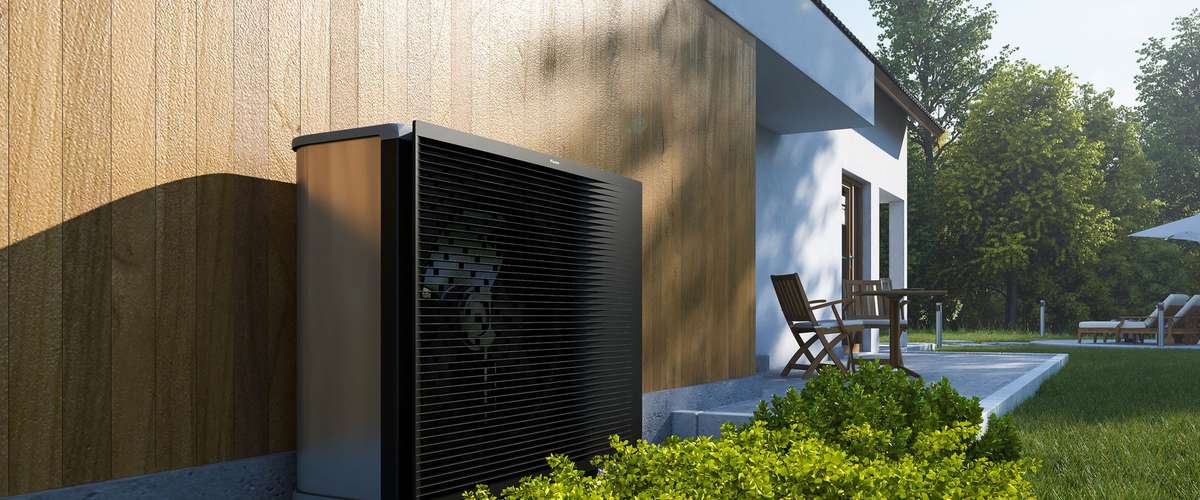


















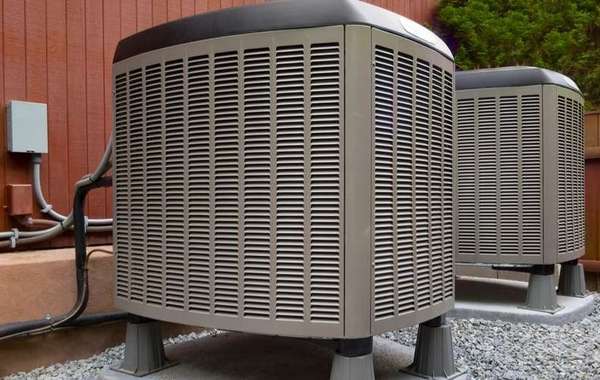

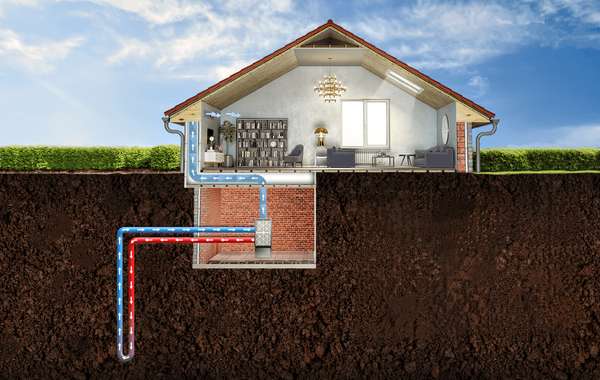


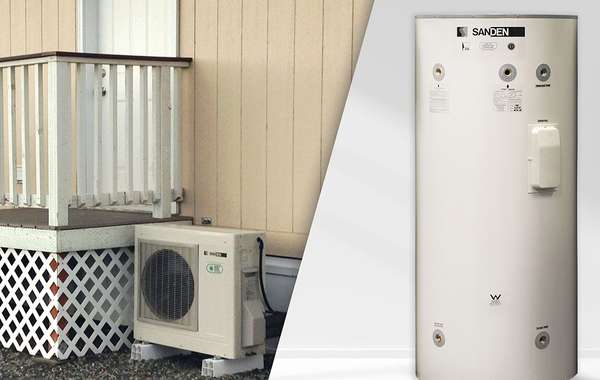
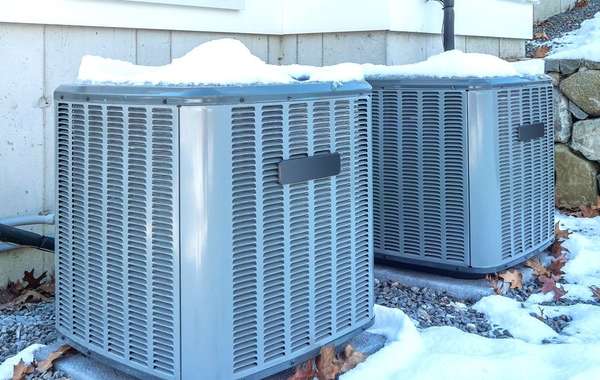



Comments (0)
Sign Up to Comment